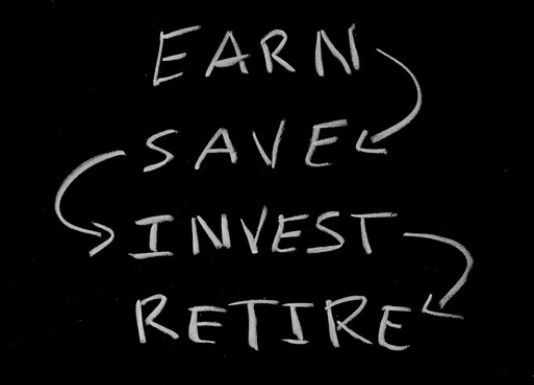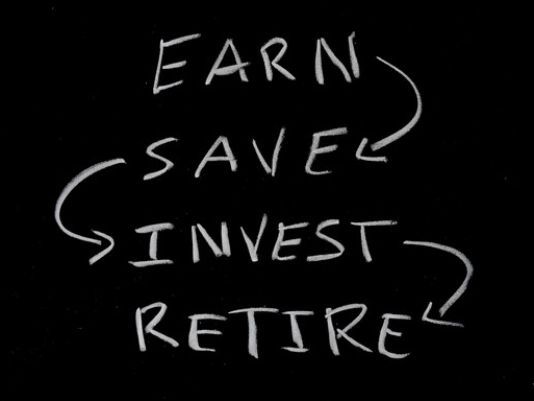
Why wait until the year’s end to seek out tax and financial planning tips

I love good financial problems. They’re much better than bad financial problems. Yet, it’s funny how quickly a good financial problem can turn on a dime (so to speak), and become a bad financial problem. The switch is usually the byproduct of overthinking mixed with greed, and a dash of unfamiliarity with success.
I offer up to you a pristine example.
Recently during a bout of holiday cheer with a friend, he mentioned he and his wife had saved $50,000 for a kitchen remodel and they were ready to proceed with the upheaval of their daily lives with one affirmative call to their contractor. Beautiful, right? Right. Except, like just about any other idea that involves $50,000, it wasn’t that simple. He was wondering whether they should get the bank involved. In the blink of an eye, a $50,000 kitchen was on the verge of becoming a $100,000 “why did we do that?” Or even worse, part of a plot to make $5 quindecillion.
Visualize yourself calling a contractor, getting a $50,000 estimate for a kitchen remodel, saving $50,000 aggressively over the course of a couple of years, and then calling the contractor back to start the job. What an amazing feeling bookended by goal setting and diligence. That is until the “good ideas” start running through your head.
“Maybe we could just finance the entire project, and invest the $50,000 we saved,” you think. Which technically is not a bad idea, if your investment returns outpace your loan interest. Imagine getting 6.5% on your investments on an annual basis and then only paying 3.99% interest on your 10-year home equity loan. Not only would you have a $50,000 kitchen, but your original $50,000 would now be worth $95,609, and you would have only paid a total of $60,718 for the remodeling project and interest.
This is a good problem to have. A good financial problem is when you’re faced with a challenging decision and both possible resolutions are relatively good and not all that painful. In this instance, you can either spend the $50,000 you saved to responsibly purchase a kitchen remodel, or you could introduce risk into the equation, employ leverage, and come out the other side with a new kitchen and about $35,000 to boot. It’s a bit of a conundrum. A good conundrum, but a conundrum nonetheless.
However, if you insert some greed, some overthinking, and a few other unbalanced elements, you’ll turn the good problem into a bad one.
Or we could use the $50,000 as a down payment, and then finance $50,000 to do not only the kitchen, but the laundry room and bathroom too,” squeaks through your brain. “The payments will only be $505.99 per month, and if we were able to save $50,000 in two years, we will easily be able to afford $505.99,” the Judas part of your brain continues.
“Wait, I’m thinking about this all wrong. If I can finance the project and invest my $50,000, all I have to do to win is invest in something that gives me even higher returns than 6.5%, and the sky is the limit!” says the it looks good on paper spot in your head. “If we purchase $50,000 worth of bitcoin, at the current pace of 1,593% annual return, we’d have $5,317,809,343,361,610,000,000,000,000,000,000,000,000,000,000,000.00 in 10 years.”
Yeah, I don’t think a plan that involves you having $5 quindecillion within a decade is a good plan. You might have gotten carried away.
The kitchen remodel is a placeholder for all sorts of things: retirement, college for your kids, funding a new business, or anything else which requires years of preparation and discipline. I’ve seen parents blow their kids college funds at the last second on a not-so-sure thing disguised as a sure thing. I’ve sadly witnessed pre-retirees saunter away from the pre-retiree moniker, back into the working folks grouping, because they stopped doing the dance that got them to the precipice of retirement.
If you behave and choose wisely, you’ll have access to more money than you’ve had before, right before you complete a plan that was years in the making. For instance, at retirement you will have access to the most money you’ve likely ever had, and armed with 168 hours a week to dispose of it. Again, that’s a great problem. It’s a great problem until greed and overthinking get into the way, and then you create an avoidable catastrophe.
There’s nothing wrong with pivoting during the course of a plan, when presented with new information or opportunity. But getting distracted at the denouement, simply because the finish line is in sight and the excitement overwhelms you to the point of straying, must be avoided at all cost. You can make sure you don’t fall victim to this all too common disaster by consistently reminding yourself of your significant goals throughout the accumulation phase, so that the imagery in your head beats back the mutiny which often arrives near the end of the operation.
courtesy= usatoday.com

